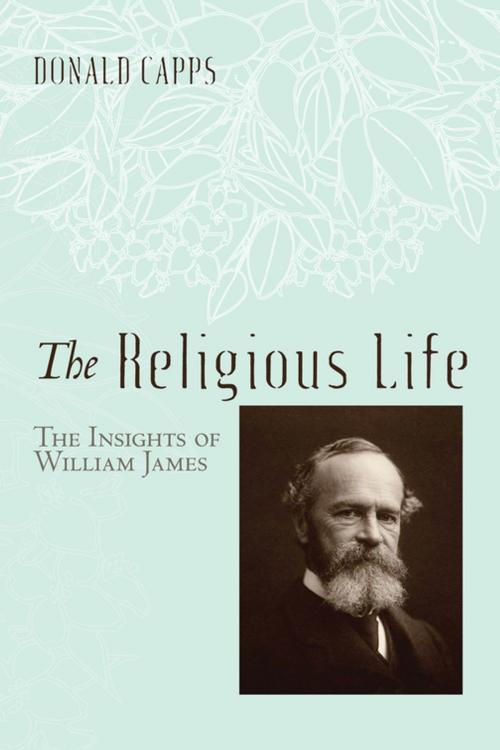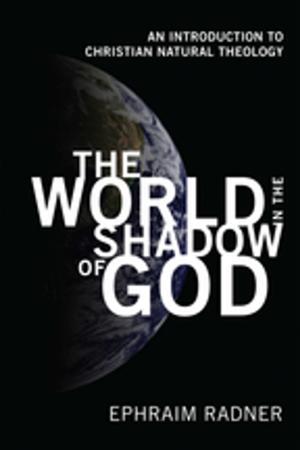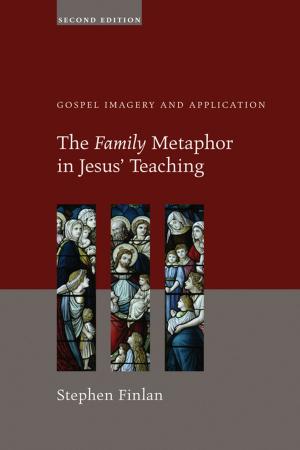| Author: | Donald Capps | ISBN: | 9781498219952 |
| Publisher: | Wipf and Stock Publishers | Publication: | October 23, 2015 |
| Imprint: | Cascade Books | Language: | English |
| Author: | Donald Capps |
| ISBN: | 9781498219952 |
| Publisher: | Wipf and Stock Publishers |
| Publication: | October 23, 2015 |
| Imprint: | Cascade Books |
| Language: | English |
William James called his classic work, The Varieties of Religious Experience, "a study in human nature." This volume recognizes that a fundamental feature of human nature for James is that we have a conscious and a subconscious mind and that the subconscious mind is deeply implicated in the religious life, especially in conversion and other experiences of spiritual enlightenment. In this volume, Capps addresses religious melancholy, the divided self and discordant personality, religious conversion, the saintly character, and the prayerful consciousness. In addition, the cases of two clergymen--one deeply troubled, the other exemplary of the spiritual person--are also presented. A brief discussion of James's view of religion as the generator of hope concludes this introduction to his insights into the religious life. Given that James was a popular writer in his own day, this book is intended to make his insights accessible to general readers.
William James called his classic work, The Varieties of Religious Experience, "a study in human nature." This volume recognizes that a fundamental feature of human nature for James is that we have a conscious and a subconscious mind and that the subconscious mind is deeply implicated in the religious life, especially in conversion and other experiences of spiritual enlightenment. In this volume, Capps addresses religious melancholy, the divided self and discordant personality, religious conversion, the saintly character, and the prayerful consciousness. In addition, the cases of two clergymen--one deeply troubled, the other exemplary of the spiritual person--are also presented. A brief discussion of James's view of religion as the generator of hope concludes this introduction to his insights into the religious life. Given that James was a popular writer in his own day, this book is intended to make his insights accessible to general readers.















